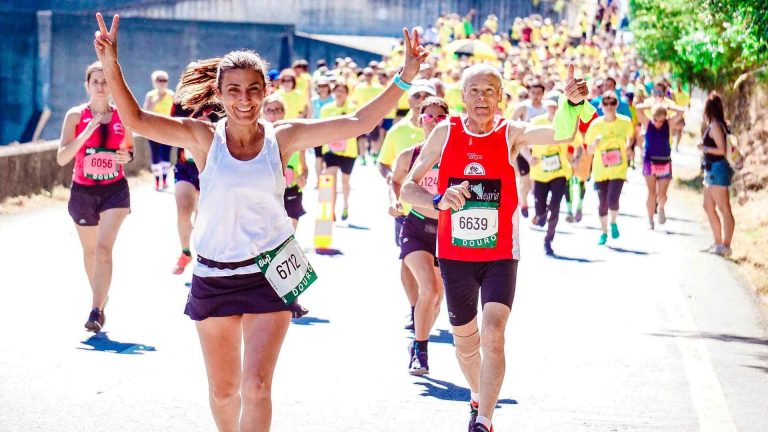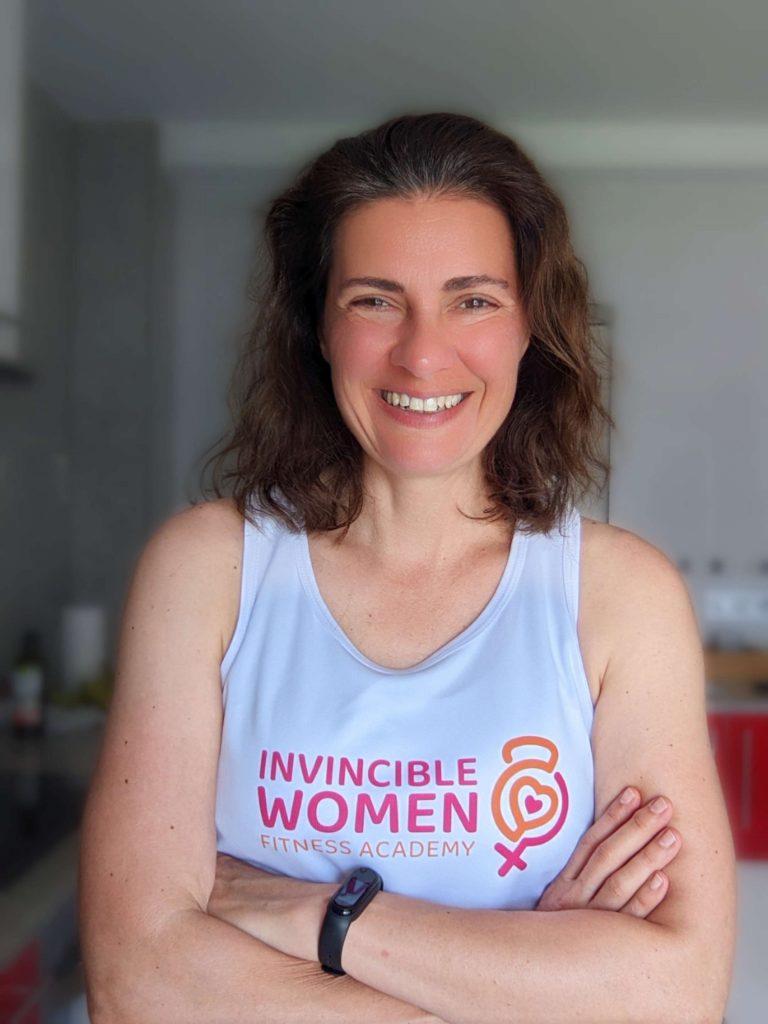There are a lot of inspiring older athletes all around us. They’re on TV, at our gym, and in our neighborhood.
As we get older, we’re looking at ways to keep operating at a high level of fitness for as long as we can. Lately, I’ve looked to elite athletes as an example and some have served as role models.
I’ve been fascinated and inspired by these people who have managed to maintain a high level of performance over a long period of time.
The good news is that there are more and more of them. The bad news is that society and the media say something else. Keep reading to learn about these inspiring older athletes, overcoming stigmas, and what you can do to increase your performance as you get older.
The Media is Wrong
Do you get annoyed when you’re watching sports and the commentators marvel at the fact that someone is still playing in their 30s? It’s like a high level of fitness can’t happen if you’re over 30.
You hear it often: “She turned 33 and she’s still got it.” “He’s 35, shouldn’t he retire already?” “He’s 37 and he just signed a contract that will keep him at his club until he’s 42.”
The superlatives are getting old. Ageless, timeless, not slowing down at all, rolling back the years, vintage… Last year, I did a search on Google to see how many media outlets used the word “ageless” to describe Roger Federer. The results are below.
As you can see, it’s pretty overused. Despite what TV commentators think and say, older athletes are killing it. I’m pretty fed up. I’m fed up hearing people say this person’s too old, this person should retire. It’s annoying. It’s as if you hit 30 and you’re already over the hill, you’re no longer an athlete. Your best is behind you.
I’m calling bull$@*& on that.
I think that it’s time for society to catch up.
Soccer great Leo Messi was once asked “In 3 weeks, you’ll turn 30 years old. What does that mean?” His response was perfect. “It means I was born 30 years ago.” Exactly.
He did go on to give a more serious response, but his point was made. He has work to do and a career to maintain. He’ll be around for a while, you can be sure of that. However, there is the harm of this line of thinking that if you’re older, you can’t perform anymore. Studies have shown that ageism does appear in sports.
There’s a stigma that just because someone is older, they’re frail and can’t compete. Older athletes are at risk of believing and internalizing these perceptions and can lead to them dropping out of sports.
As annoying as the sports gurus are, that fact is that more athletes are playing longer. That’s not just elite athletes, either. Everyday athletes are showing us what can be done in our 40s, 50s, and well into our 80s.
How can we as a society overcome them? We can ignore them. We can call them out when we see them. We can show them what it means to age gracefully and athletically, and we can show them that it really doesn’t suck to get old.
Inspiring Older Athletes
The fact of the matter is this: elite athletes are getting older. What’s remarkable about these athletes is that they continue to be at the top of their sport for over 15 years. In Gianluigi Buffon’s case, it’s 20 years.
There are many examples of people who are over 40 and fit. And they’re doing extraordinary things. In the 2016 Olympics, there were 26 athletes who were over 40. Some were competing in their 4th or 5th Olympics.
And it’s not just elite athletes. It’s everyday athletes who exude high-performance fitness, too. A 2009 study revealed that the average 50-year old is more fit than a 25-year-old. Over the last few years, more stories have been published about athletes who are older and are able to inspire the rest of us mere mortals to get off the couch.
Ernestine Shepherd is the world’s oldest bodybuilder at 82 years old! She is a Guinness World Record Holder as the oldest female bodybuilder and she has guns that would put anyone to shame. We see records of 101-year-old sprinters, 98-year-old marathoners.
What if you’re not a professional athlete? How can you maintain a level of excellence over a long period of time? I know that 99% of us are not professional athletes. There are lessons we can learn about the choices we make.
Aging Athlete Tips
If you’re not a professional athlete, but you want to be competitive at the Master’s level, what can you do? Part of the solution has to do with your mentality, and you also have to understand how your body adapts as it gets older. Let’s take a look at these tips for high performance as you get older.
Age is Just a Measuring Stick
Your mental state is just as important as your physical state. I’m a big believer that our results come from our thoughts and self-talk. If you’re telling yourself that you’re old, you’re getting older, your body is falling apart, your mind starts to believe it. And that can result in a body that’s falling apart. It’s important to remember that age is just a measuring stick. Yes, your body is changing, but you can still perform. There three questions that can be a better measuring stick.
Are you living out your potential?
Are you maintaining a high standard for yourself every single day? You’re competing against yourself.
Ask yourself how you can improve and be better every day.
These are better indicators of your personal performance than using age. You’re setting yourself up to be at your personal best, no matter what age you are.
What Happens to the Body When We Get Older?
There are two major things that happen to the body when we get older.
The first is the decline of Vo2 Max, which is how the body processes oxygen and delivers it to working muscles. It’s an indicator of cardiovascular fitness. Vo2 Max tends to decline after the age of 35.
Once you hit 40, you can lose as much as 10% of V02max per decade. Your maximal heart rate drops as you get older, too.
The other thing that occurs is that we lose muscle mass and our body fat increases. There’s also a decline in Type II muscle cells. Sprinters and powerlifters rely on Type II muscle fibers for a quick burst of power.
How can these effects be minimized? Incorporating strength training into your current routine can help slow down the aging process. A recent study by researchers from the University of Texas noted that “While endurance training does not prevent the aging loss in muscle mass, strength or resistance training can maintain or increase the muscle fiber cross-sectional area in older men and women.”
Make the quality of your workouts effective. You can cross train, and even high-intensity interval training can bring great results. Recovery is critical. If you don’t give your muscles the proper time to recuperate, you can increase your chance of injury.
Mobility and flexibility training are also important parts of the equation. Stretching, foam rolling, massage, and yoga can and should be a part of your routine.
The one thing you cannot do is to stop training.
When you stop training, you lose all of your hard earned gains. The lack of exercise and training is perhaps the biggest indicator of a loss of fitness and performance levels.
The Everyday Choices You Make
Like anything in life, it comes down to choice. When you’re in your 20’s, you can get away with anything. You can still go out, party a bit, and it doesn’t have a huge impact on your performance. Of course, there’s an impact on performance, but it’s not as massive as it could be because your body is able to respond and recover more quickly.
There has to be a desire to perform at a higher level in your fitness levels and in life. You have to take care of your body, fuel it properly, get quality sleep, train, work on your mental focus. It takes a committed effort, but it is very possible. It does take more work, but your skills, athleticism, and quality of life will be much improved because of it.
I think that’s what’s remarkable about thing about athletes like Gianluigi Buffon. They make the committed effort and training day in and day out. They prepare themselves mentally, and off the pitch they’re putting in a lot of work to eat right and train and recover.
See Yourself as a Role Model
As more people in their 40s and beyond participate in sports, and they’re killing it, they’re setting an example. There’s no reason why you can’t do the same for the people around you. You may never considered being a role model, but the fact is that you are.
Just by showing up, doing the hard work every day, you’re getting attention. Have younger people ever marveled at your age? It feels good, doesn’t it? You’re not only challenging stereotypes, but you’re also showing others all around you what’s possible. That’s a priceless lesson for anyone to learn.
Show Up and Get Fit at Any Age
What peak performance sports training comes down to as we age is this: train smarter, not harder. Let the rest of the world put more meaning on what age is to them. I’m encouraging you to put more meaning into your own meaning of fitness, regardless of your age.
Are you ready to reclaim your fitness? Check out this Ultimate Workout Guide for Women.



